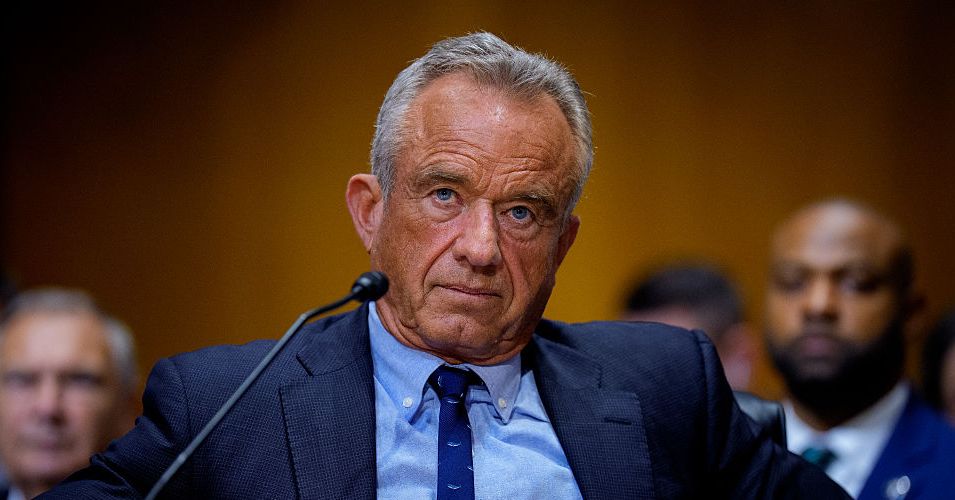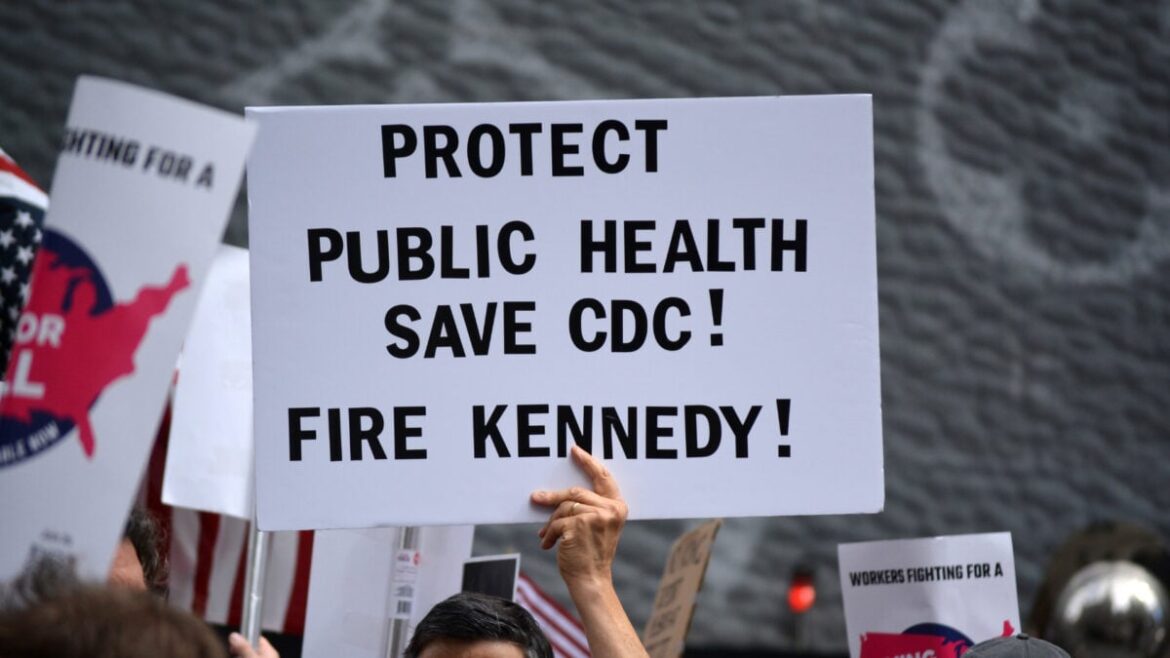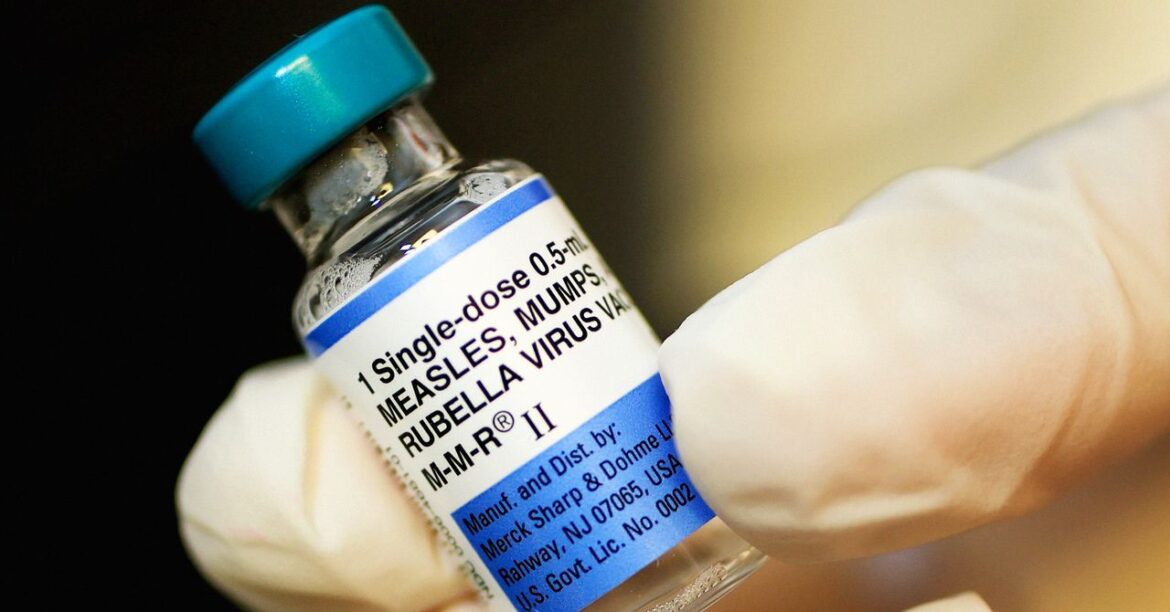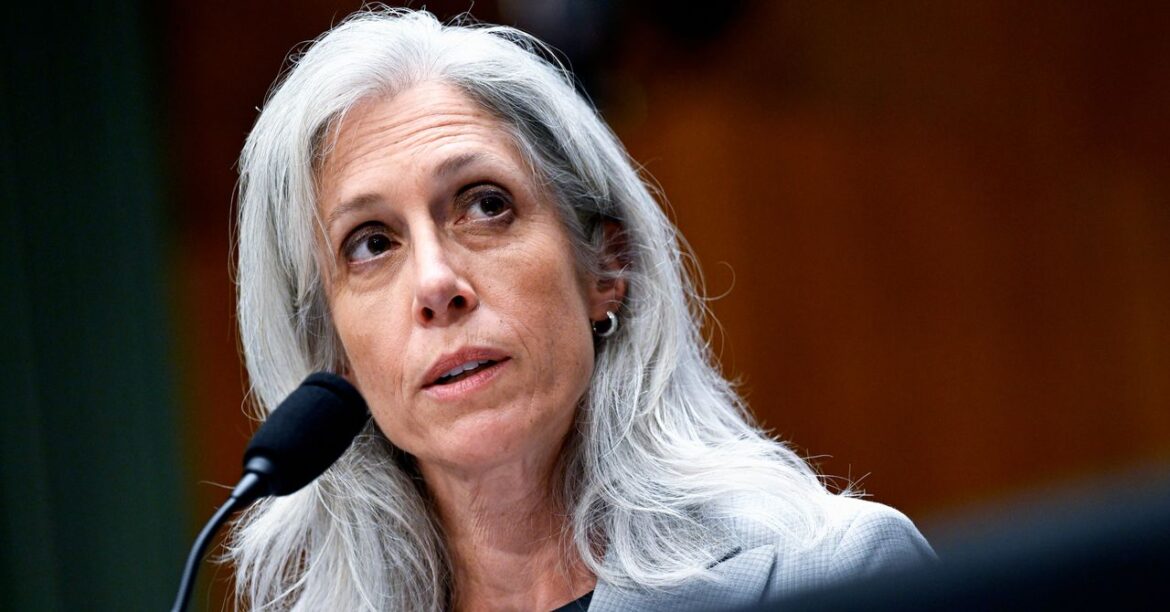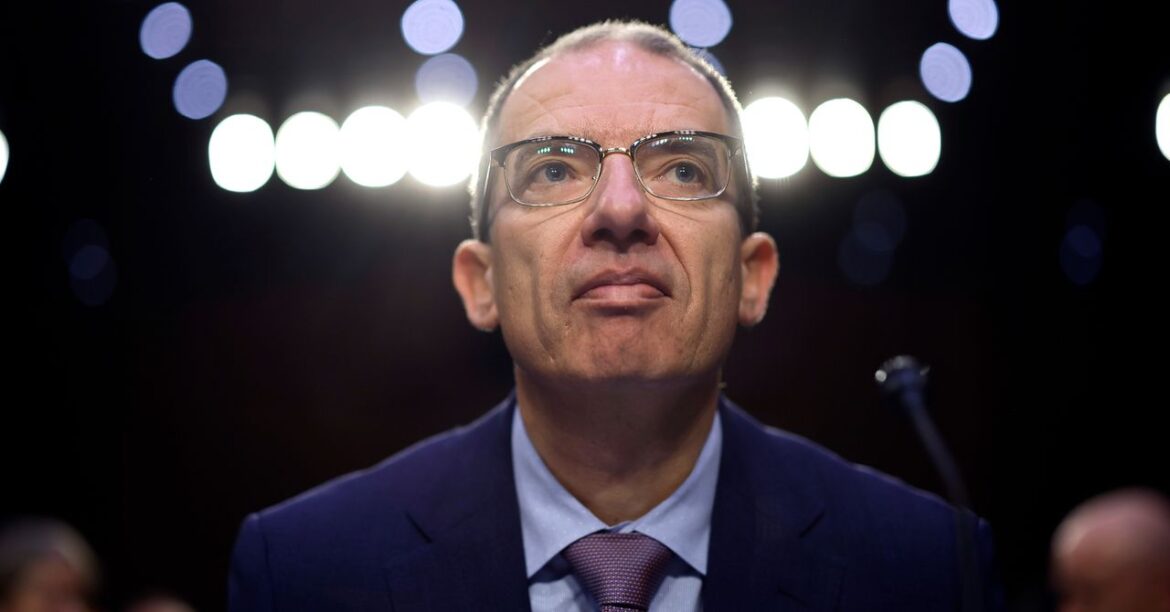On Friday, the Advisory Committee on Immunization Practices (ACIP) voted to drop its recommendation that U.S. adults should generally receive the covid-19 vaccine, instead endorsing an individualized approach.
In a unanimous decision, the ACIP members agreed that adults 65 and older should decide on their own or with their doctor whether to get vaccinated for covid-19. The ACIP also recommended that people between the ages of 6 months and 64 years make an individual decision about covid-19 vaccination (yes, you read that correctly), while being informed that the benefits of vaccination are most apparent in those at higher risk of severe illness.
A screencap of ACIP blurbage articulating the new recommendations. © ACIP
The ACIP narrowly avoided recommending that Americans should require a prescription to get the covid-19 shot, however, though only barely.
A chaotic ACIP meeting
The votes capped off a chaotic and disorganized discussion held Friday over the safety and effectiveness of the covid-19 mRNA vaccines.
Retsef Levi, a longtime skeptic of the covid-19 vaccines and a professor of operations management at MIT Sloan School of Management, led the ACIP discussion, as well as the working group on covid-19 vaccines. Levi is one of several ACIP members handpicked by Health Secretary Robert Kennedy Jr. who has a long history of misrepresenting vaccine research.
CDC staff presented reams of evidence that covid-19 vaccines, even today, still reliably prevent serious outcomes like hospitalization and death, including in very young children. Many outside experts also testified in support of maintaining widespread access to these vaccines for every American who wants them. But ACIP members often questioned the findings or made their own poorly evidenced attempts to attack the safety of the vaccines.
At one point, for instance, ACIP members argued in support of a paper claiming to show extensive DNA contamination of the vaccines—a study that outside experts have criticized for glaring flaws and that is now being reviewed over potential concerns by its publisher. At another point, members argued that the covid-19 vaccines could possibly raise the risk of cancer, a claim widely refuted by most experts (mRNA vaccine technology is actively being studied as a way to prevent and treat certain cancers).
What this vote means for covid vaccine access
The language of the ACIP votes today was not disclosed until the very last minute, and it’s not entirely clear how they will impact vaccine access.
Late last month, the Food and Drug Administration limited its explicit approval of the updated covid-19 boosters to people over 65 or those with a higher risk of severe illness. The ACIP’s recommendation to move to an individualized approach, assuming it’s adopted by the CDC, may further delay or prevent people from obtaining a covid-19 booster if they so choose.
That said, several states like New York have already taken steps to ensure continued vaccine access and public coverage of the vaccine to all their residents. This week, the country’s largest health insurance association, America’s Health Insurance Plans, also announced that its members will rely on the previous ACIP recommendations to determine their coverage of the covid-19 vaccine for the time being. It additionally stated that patients covered by these plans would not experience cost-sharing through the end of 2026.
In a 6 to 6 vote, the ACIP declined to endorse a recommendation calling for people to require a prescription for the covid-19 vaccines—ACIP chairman Martin Kulldorff issued the tiebreaker, voting “no.”


